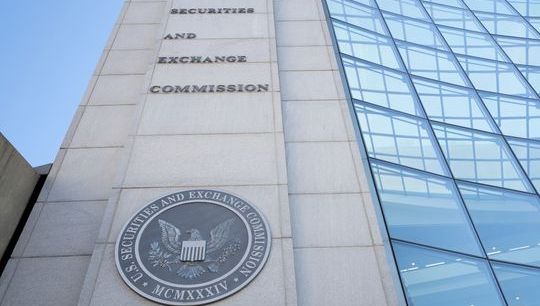Greek short-selling fines – an update
By Adam Jacobs-Dean, Managing Director, Global Head of Markets Regulation, AIMA
Published: 24 April 2018

Back in 2014, some of our members participated in rights issues of Greek banks that were seeking to raise new capital. The Greek regulator, the Hellenic Capital Market Commission (HCMC), subsequently launched enforcement action against a number of hedge funds who had participated in those rights issues, alleging that they had breached the European Short-Selling Regulation (SSR) by selling their positions. We wrote at the time to HCMC and to the European Securities and Markets Authority (ESMA) to explain our concern that the HCMC was misinterpreting the SSR, but were not successful in encouraging the HCMC to change its stance. Now, following a long period of quiet, updated Q&A material from ESMA on this topic and a further round of fines issued by the HCMC have reignited interest in this topic for members. Are things finally moving again?
Our key contention is that the alleged 2014 breaches of the SSR were not short positions at all, but straightforward unwinds of long positions obtained through participation in rights issues. We explained this to ESMA and HCMC in 2015 and highlighted that the HCMC’s stance seemed to be at odds with the interpretation of a broad range of market participants, whilst also potentially conflicting with previous statements from ESMA and the interpretation adopted by other National Competent Authorities.
It's fair to say that our efforts in 2015 to encourage HCMC to change its stance were not successful. Indeed, even in terms of enforcement proceedings, very little has moved on in the intervening period: some firms are still waiting on notifications of fines (even though they know they are coming based on press statements by HCMC), others have been notified of fines to be levied by HCMC but can neither pay nor appeal those fines because they there is yet to be a final, formal determination of their case. Payment is further complicated by the need for a Greek VAT number, although legislative changes are being tabled to address this.
It came as a surprise, therefore, when in February this year ESMA updated its Q&A on the SSR to cover scenarios involving rights issues; and ESMA’s statement – while not a direct response to the Greek scenario – does give weight to the idea that the fact that many of the trades in question settled without problem would suggest there was no breach of the SSR.
At this point, our members are weighing their options. Many firms I have spoken to and who take pride in an unblemished supervisory record are minded to pursue their claims through the Greek legal system. So it may well be that this topic continues its slow burn over the weeks and months ahead. In the meantime, it is likely that investment funds will be cautious about committing capital to the Greek markets in the face of such regulatory uncertainty.






